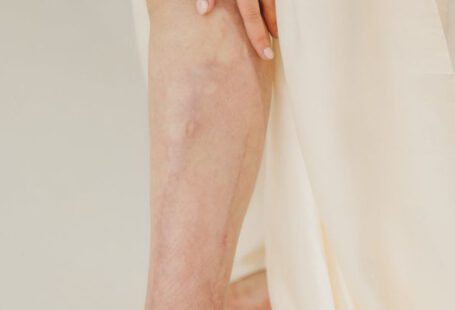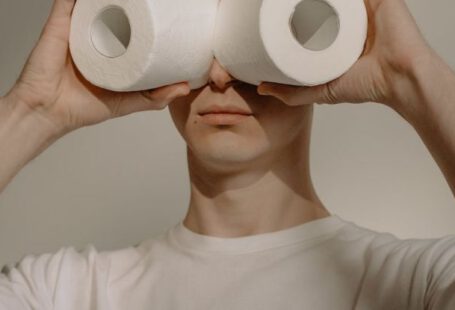Encouraging Good Habits: How to Teach Kids about Personal Hygiene?
Personal hygiene is a crucial aspect of daily life that contributes to overall well-being and health. Teaching children about personal hygiene from a young age sets the foundation for lifelong habits that will benefit them in many ways. Instilling good hygiene practices in children not only helps them stay healthy but also promotes self-confidence and social acceptance. Here are some effective strategies to help parents and educators teach kids about personal hygiene in a fun and engaging way.
Create a Routine
Establishing a daily hygiene routine is key to ensuring that kids understand the importance of personal cleanliness. Encourage children to brush their teeth, wash their hands, bathe, and groom themselves at set times each day. Consistency is crucial in forming habits, so make sure the routine is followed consistently. You can create a visual chart or checklist to help kids track their daily hygiene tasks and provide positive reinforcement when they complete them.
Make It Fun
Learning about personal hygiene doesn’t have to be boring. Turn hygiene activities into fun games or challenges to keep kids engaged and motivated. For example, you can time them while they wash their hands to make sure they do it for a full 20 seconds, or you can play their favorite song while they brush their teeth to ensure they do it for the recommended two minutes. Adding a playful element to hygiene routines can make the experience more enjoyable for children.
Lead by Example
Children learn by observing the behavior of adults around them, so it’s essential for parents and caregivers to lead by example when it comes to personal hygiene. Make sure you are practicing good hygiene habits yourself and involve your children in your routines. Let them see you washing your hands before meals, brushing your teeth, and taking care of your own personal cleanliness. This not only reinforces the importance of hygiene but also creates a bonding opportunity between you and your child.
Use Visual Aids
Visual aids are powerful tools for teaching kids about personal hygiene. Use posters, charts, videos, and books to illustrate the importance of cleanliness and proper hygiene practices. Visual aids can help children understand concepts more easily and serve as a constant reminder of what they need to do to maintain good hygiene. You can also create your own visuals, such as a step-by-step guide to washing hands properly, to make learning more interactive and engaging.
Teach Proper Techniques
It’s essential to teach children the correct techniques for various hygiene practices to ensure they are effectively cleaning themselves. Show them how to wash their hands thoroughly with soap and water, how to brush their teeth in a circular motion, and how to bathe properly. Reinforce the importance of cleaning hard-to-reach areas like behind the ears, under the nails, and between toes. By teaching kids the proper techniques, you help them develop good hygiene habits that will benefit them throughout their lives.
Encourage Independence
As children grow older, encourage them to take more responsibility for their personal hygiene. Teach them how to select the right products for their skin type, hair type, and oral care needs. Allow them to choose their own toothbrush, toothpaste, shampoo, and soap to make hygiene routines more personalized and enjoyable for them. Giving children a sense of independence and control over their hygiene practices can help them take ownership of their health and well-being.
Celebrate Achievements
Positive reinforcement is a powerful motivator for children. Celebrate their achievements and efforts in maintaining good personal hygiene. Praise them when they remember to wash their hands without reminders, when they brush their teeth without being told, or when they take the initiative to groom themselves independently. Reward their good hygiene habits with words of encouragement, stickers, small treats, or extra playtime. By acknowledging their efforts, you reinforce the importance of personal hygiene and encourage them to continue practicing good habits.
Conclusion:
Instilling good hygiene habits in children is a valuable investment in their health and well-being. By creating a routine, making hygiene fun, leading by example, using visual aids, teaching proper techniques, encouraging independence, and celebrating achievements, parents and educators can help children develop lifelong habits that will benefit them in numerous ways. Personal hygiene is not just about cleanliness; it is about empowering children to take care of themselves and feel confident in their own skin. By teaching kids about personal hygiene in a positive and engaging way, we set them up for a lifetime of good health and self-care.





